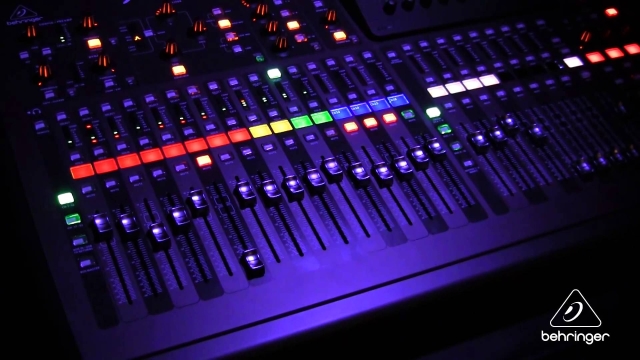
Unmasking Truth: The Intriguing World of Lie Detector Tests

Welcome to the fascinating realm of lie detector tests. In the quest for truth and deception, these instruments play a significant role in unraveling hidden realities. Whether in the realms of law enforcement, employment screening, or personal investigations, the lie detector test, also known as a polygraph examination, has long been a subject of intrigue and scrutiny. This article delves into the mechanisms, controversies, and effectiveness of lie detector tests, shedding light on the compelling world of uncovering deceit.
History of Lie Detector Tests
Lie detector tests, also known as polygraphs, have a fascinating history that dates back to the early 20th century. The concept of using physiological indicators to detect deception can be traced back to the works of William Moulton Marston, who invented the systolic blood pressure test in 1915.
Lie detector exam
In the 1920s, John Augustus Larson, a medical student and police officer, improved on Marston’s work by creating the modern polygraph machine. Larson’s invention included measurements of blood pressure, pulse, and respiration to monitor changes in the body’s physiological responses during questioning.
Throughout the years, lie detector tests have been used in various settings, including criminal investigations, employment screenings, and national security assessments. Despite ongoing debates about their reliability, they continue to be a tool used by law enforcement agencies and organizations worldwide.
Types of Lie Detector Tests
There are several types of lie detector tests commonly used today. The most well-known method is the polygraph test, which measures physiological responses such as heart rate, blood pressure, and respiration rate to determine if a person is being deceptive. Another type is the voice stress analysis test, which examines changes in vocal patterns that can indicate deception. Lastly, there is the EEG-based test, which monitors brain activity to detect lies. Each type of test has its own strengths and limitations, but all aim to uncover the truth by assessing different physiological or cognitive indicators of deception.
The polygraph test remains one of the most widely used lie detection methods, despite its controversy and limitations. The test typically involves attaching sensors to the individual being examined, which measure physiological responses while they answer a series of questions. These responses are then analyzed by a trained examiner to determine if the person is telling the truth or being deceptive. While polygraph tests can be useful in certain situations, they are not foolproof and can be influenced by factors such as anxiety or stress, leading to potential inaccuracies in the results.
Voice stress analysis tests have gained popularity in recent years as an alternative to traditional polygraph testing. This method focuses on changes in speech patterns and vocal characteristics that are believed to occur when a person is being deceptive. By analyzing these variations in voice stress, examiners aim to detect lies and uncover the truth. While voice stress analysis tests offer a non-invasive alternative to polygraph tests, some critics question their reliability and effectiveness compared to more traditional lie detection methods.
Accuracy and Controversies
When it comes to the accuracy of lie detector tests, opinions are divided. Proponents argue that polygraph exams can detect signs of deception by measuring physiological indicators such as heart rate, blood pressure, and sweat levels. However, critics point out that the reliability of these tests remains a subject of debate in the scientific community.
One key controversy surrounding lie detector tests is their susceptibility to producing false positives and false negatives. False positives occur when a truthful individual is wrongly labeled as deceptive, while false negatives happen when a deceptive person is deemed truthful. This margin of error raises concerns about the validity of polygraph results and their potential impact on individuals.
Despite the ongoing debate and controversy, lie detector tests continue to be used in various sectors, including law enforcement, the legal system, and employment screening. While some view them as a valuable tool for uncovering deception, others caution against relying solely on polygraph results due to their limitations and the ethical considerations involved.



